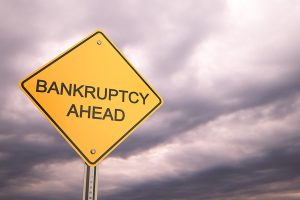Bankruptcy And HOA Fees

A homeowners’ association (HOA) enforces rules pertaining to how your property is used and what it looks like. Most deed-restricted communities require an HOA fee that pays for that community’s upkeep and maintenance. These fees may be due monthly, quarterly, or annually. If you pay HOA fees (or “dues”), you may be surprised if you’ve filed for bankruptcy and then get a letter or a telephone call about your HOA fees. Those dues are not discharged immediately when you file for bankruptcy in Illinois. HOA dues and condo association fees are always a confusing issue when homeowners file for bankruptcy. If you’re in the Chicago area, let an experienced Chicago bankruptcy lawyer help you to decide if bankruptcy is right for you and explain how bankruptcy treats your different debts and responsibilities differently.
The truth is that when you file for bankruptcy, your ongoing HOA dues are still your responsibility until the property is transferred. Even if you are not any longer residing in the home or condo, you’re still accountable for the association’s dues until the foreclosure sale is concluded and confirmed and title to the property is transferred out of your name. Only when the title to the property is out of your name are you no longer the legal owner and no longer responsible for past HOA or condo association dues.
If you’re being contacted or harassed by your condominium or HOA for past due fees, you need legal help. If you try to file for bankruptcy without help from an experienced bankruptcy lawyer, you’ll face not only confusing legal terms and procedures, but you’ll also face creditors who’ve hired their own lawyers to represent them. In the Chicago area, if you’re thinking about filing for bankruptcy, get the advice you need and speak with an experienced Chicago bankruptcy lawyer as soon as possible.


